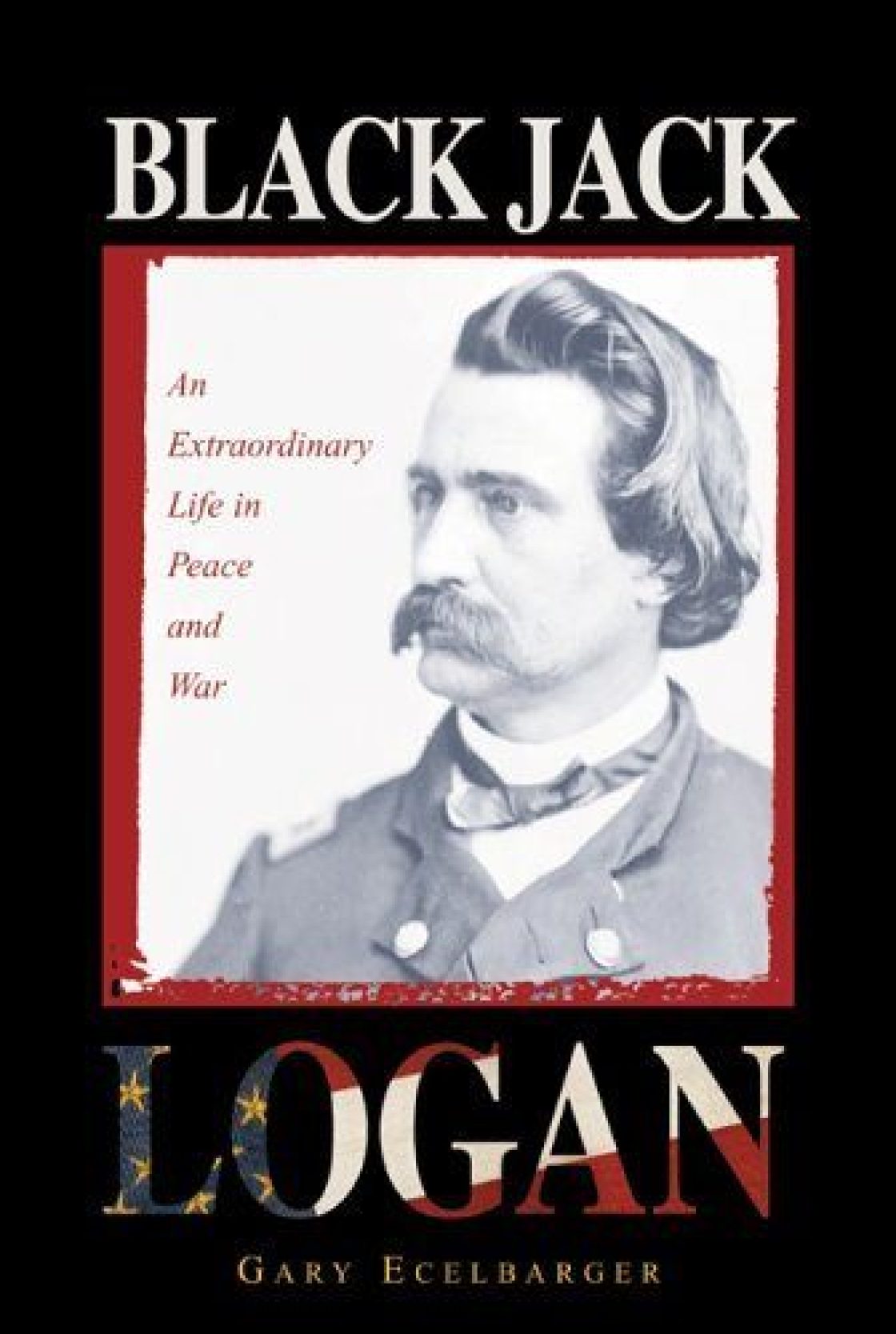
I first learned about John Alexander Logan when my father gave a biography, Black Jack Logan: An Extraordinary Life in Peace and War, of him to me. I found it incredibly interesting, and it left me wondering why so few people seem to know very much about him, given how key a figure he really was in the history of not only the Civil War, but our nation as a whole. I find a redemption story incredibly compelling, and if there was ever anybody in need of redemption it was John A. Logan. He was a terrible person, a racist, a bigot, and overall just a hateful man. It is awe inspiring to see that man transform into the kind of person who not only fights for the Union, but eventually comes to fight for the very slaves he formerly tried to keep in chains. It is encouraging to see that a man like John Alexander Logan can come to not only accept freeing African-Americans, but eventually come to advocate for full political equality for people of all colors. If you are interested in learning more about this highly interesting man then I cannot recommend Black Jack Logan: An Extraordinary Life in Peace and War by Gary Ecelbarger highly enough.

John Alexander Logan was an incredibly influential Civil War general and politician, especially in Southern Illinois. He started his political career in 1859 as a Jacksonian Democrat, and so staunchly enforced the fugitive slave act that he would be labeled "Dirty Work" Logan by abolitionists. His own father was a slaveholder, and John A. Logan was so adamantly entrenched in racist ideology that he campaigned for, and successfully passed a law that imposed fines or indentured servitude on any free African-American who stayed in Illinois longer than 10 days.
Despite these beliefs, he believed that preservation of the Union was imperative, and he felt that he could not support armed insurrection against the Union, despite his view that slavery was sanctioned by the Constitution. He was instrumental in convincing many residents of Southern Illinois to serve in the Union army rather than joining the Confederacy, and he fought against disunion despite the fact that many members of his family, including his own mother, were pro-confederacy and refused to even speak to him when he came out against secession. For a while he continued as a War Democrat (a term for northern democrats who supported the Union war effort), but would eventually personally join the fight against the Confederate States. He went to the First Battle of Bull Run as a political emissary, but found himself unable to sit on the sidelines and merely watch as soldiers gave their lives, so he picked up a fallen rifle and threw himself into the battle.
Soon after, Logan secured a position as the Colonel of the 31st Illinois, a volunteer regiment he raised himself, and served under General U. S. Grant. He was so instrumental in many of Grant's early victories that he was given the honor of leading the first Union troops into Vicksburg after its capture. He would eventually be promoted to Brigadier General and serve as commander of the Army of Tennessee's XV Corps during Major General William Tecumseh Sherman's Atlanta campaign. During the war his beliefs on politics changed to the point that during the election of 1864 he returned to Illinois to campaign for Abraham Lincoln's re-election. Logan would eventually come to be considered the best volunteer soldier of the Civil War.
After the Civil War, John A. Logan returned to politics, but now as a Republican. In stark contrast to his early career, Logan now campaigned for expansions of African-American Civil Rights. During one 1867 speech he declared that he did not "care whether a man is black, red, blue, or white if he is a civilized man in a Christian community like ours ... he has the right to say who the men shall be that control the Government", advocating not just for an end to slavery, but for voting rights and equality. Logan was also the most important advocate for the creation of Memorial Day, and said until the day of his death that its institution was the proudest act of his life. He was considered a front runner for the 1888 Republican presidential nomination, and likely would have been the 23rd US President had he not unexpectedly died on December 26, 1886 of rheumatism.
Sources:
Encyclopedia Britannica: https://www.britannica.com/biography/John-A-Logan
Black Jack Logan: An Extraordinary Life in Peace and War by Gary Ecelbarger, 2005
Humanities and Social Sciences Online: https://networks.h-net.org/node/4113/reviews/4886/bowery-ecelbarger-black-jack-logan-extraordinary-life-peace-and-war

About the Author
Logan is a Circulation Clerk and started working at EPL in May of 2021. He is studying History at SIUE, and he enjoys reading Fantasy and Sci-Fi in particular, but will give pretty much anything a try.
